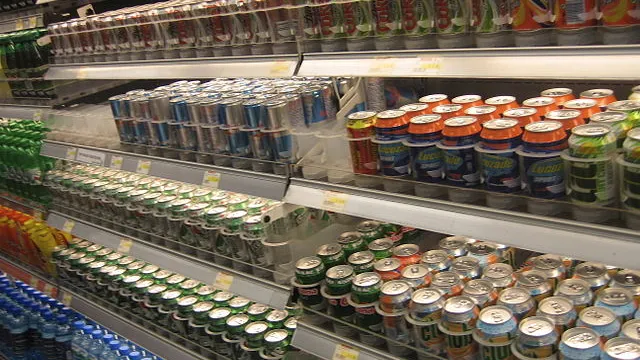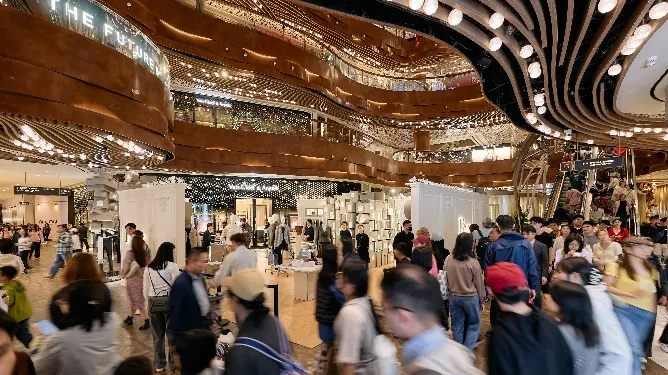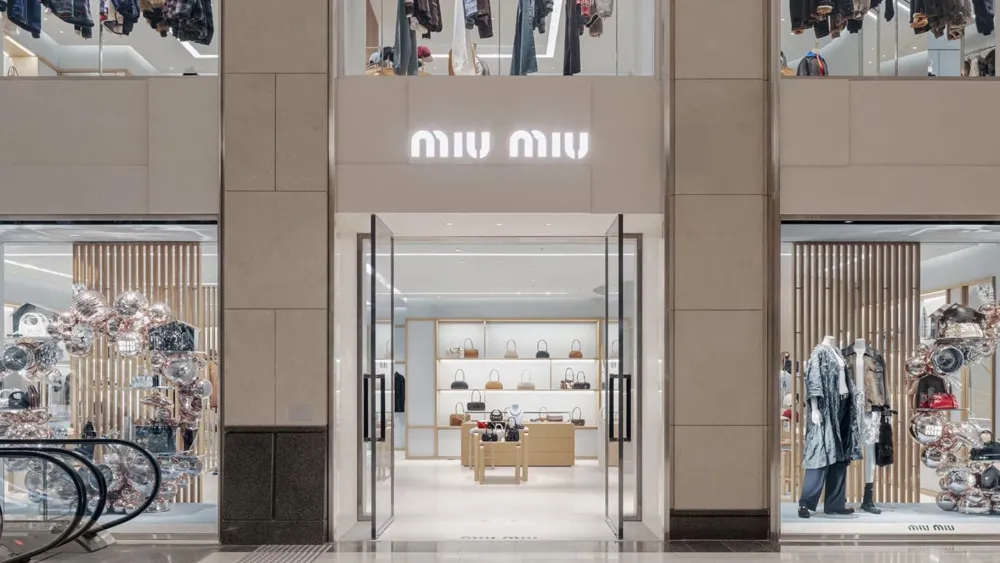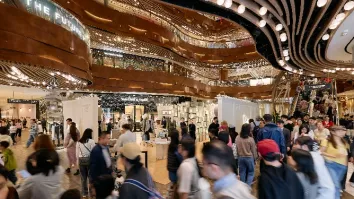
Why carbon labelling has not yet materialised amongst food, drink firms
Inflation and food security concerns have been the main focus this year.
Whilst carbon labelling is seen to continue progressing, major food and drinks companies have not yet fully been realised due to increases in prices and food security woes, according to Fitch Solutions.
In a report, Fitch said key developments during the first half were focused on the launch of more pilots of eco-labelling schemes by smaller brands and investment into tracking and measuring mechanics.
“The embracing and roll out of labels by major players in the food and drink sector has, however, not yet materialised,” Fitch said.
“[W]ith heightened inflation and worries about food security globally in the wake of Russia’s invasion of Ukraine, producers’ main focus in 2022 will be ensuring their supply chains and trying to keep their product prices competitive and low for consumers,” it added.
READ MORE: Philippines foodservice sector profit to grow by 17.5% through 2026
Fitch noted in a report last year that the food and drink sector will start exploring carbon labelling, noting that plant-based companies have put carbon labels on their products.
Adopting the scheme will cater to the customers’ demand for insights into their environmental impact, adding that it will showcase a brand’s net-zero commitments and achievements, it said.
“The eco-labelling trend is therefore becoming a medium-term theme, which will steadily develop over the next five years, as more food and drinks companies sign up to tracking and eco-labelling initiatives,” Fitch said.
However, Fitch flagged the rise of the multiple providers that offer eco-labelling services. Whilst the competition will decrease the cost and offer more oversight, having several forms of tracking and measurement may confuse consumers and may digress from the aim of carbon labelling which is to offer greater insights into products’ environmental impact.



















 Advertise
Advertise






